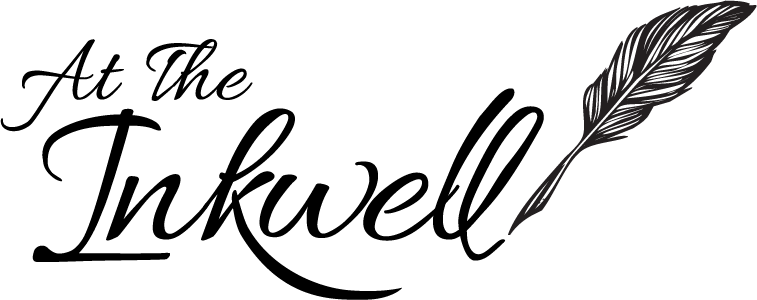but the flames
but the flames by Emily Vieweg, Finishing Line Press, $19.99
“The warmth of my office/ made water tear around the wrapper/ driplets dropping, mourning this morning/ before I heard of your death.”
Poetry is having a moment in the United States. Perhaps it is the collective search for meaning as we all experience these myriad crises together, but poetic expression feels more relevant now. After Amanda Gorman’s reading at the presidential inauguration, I received a flood of text messages and emails from people excited about the possibilities for American poetry in the twenty-first century. It could be that they are on to something. According to the National Endowment for the Arts, poetry reading has increased by seventy-six percent in this country. If you are looking for a book of verse that is easily relatable to most Americans in 2021, then look no further than Emily Vieweg’s but the flames.
I admire the honesty Vieweg brought to this collection. For instance, she writes, “I just ovulated a few days ago but I still had sex anyway and now I feel stupid.” Honesty like this can be surprisingly hard to achieve in a good poem. There is a temptation for the poet to tone it down but then the urgency and thus the message can get lost. The other temptation is to go too far in the other direction and end up with a lot of sexual details but little emotion. Here, Vieweg achieves the right balance by having the narrator remain vulnerable, thus delivering a poem about the struggles of contemporary life and avoiding both the Victorian and the pornographic. Elsewhere she writes, “this normality/ of boring, where the only travel/ is through Animal Planet/ and Discovery Channel.” Unlike many contemporary poets, Vieweg is not writing for a university faculty but for the millions of Americans suffering in front of their screens.
One of the more relevant themes in but the flames is the sense of loss. In one poem, the narrator’s grandmother begins to lose her memories and motor skills. In another, a farmer loses his youngest child. This loss for the aged is juxtaposed in this collection by a childhood idyll that we as adults are doomed to never return to. In this idyll, children are “climbing down the trees/ squinting at the sun/ holding carefully the bugs” and taking “one more slide in the deep end/ one more water somersault in the shallow end.” Perhaps our innocence is our greatest loss—something all of us must face.
As someone who loves food, I enjoyed the culinary representation that Vieweg chose for this collection. Poets often list wines or Italian dishes that remain economically out of reach for too many of their compatriots. In but the flames, Vieweg writes of the fare just down the street. In the book, “quesadillas, no onions, appear/ with a salad on the side.” We also have “the full dessert at Applebee’s and steak/ with shrimp and parmesan and a baked potato/ with bacon and sour cream and butter.” This is an accessible and unpretentious book to read at your local dive bar as you drink a beer and munch on a plate of nachos.
In her work, Vieweg describes feelings of isolation, depression, anger, and anxiety. These feelings are written with a clarity that may prove cathartic to some. “I was the outcast—not/ grown enough to be considered/ woman. I was the girl/ with the full-time job, the bills, the child.” She brings a similar clarity to her imagery. Her poem “Sometimes god speaks to me” consists of only two lines: “not Joan of Arc,/ but the flames.” These lines are significant, not only because they provide the title for this collection. Vieweg is letting us know that this is not a holy text that has descended from the clouds but a chronicle of the raging infernos that consume the saints in all of us. In the end, our innocence has been engulfed but at least our knowledge of this gives us a chance at redemption.
Benjamin Schmitt
An author of three books, most recently Soundtrack to a Fleeting Masculinity, Benjamin’s poems have appeared or are forthcoming in Sojourners, Antioch Review, The Good Men Project, Hobart, Columbia Review,and elsewhere. A co-founder of Pacifica Writers’ Workshop, he has also written articles for The Seattle Times and At The Inkwell. He lives in Seattle with his wife and children.


